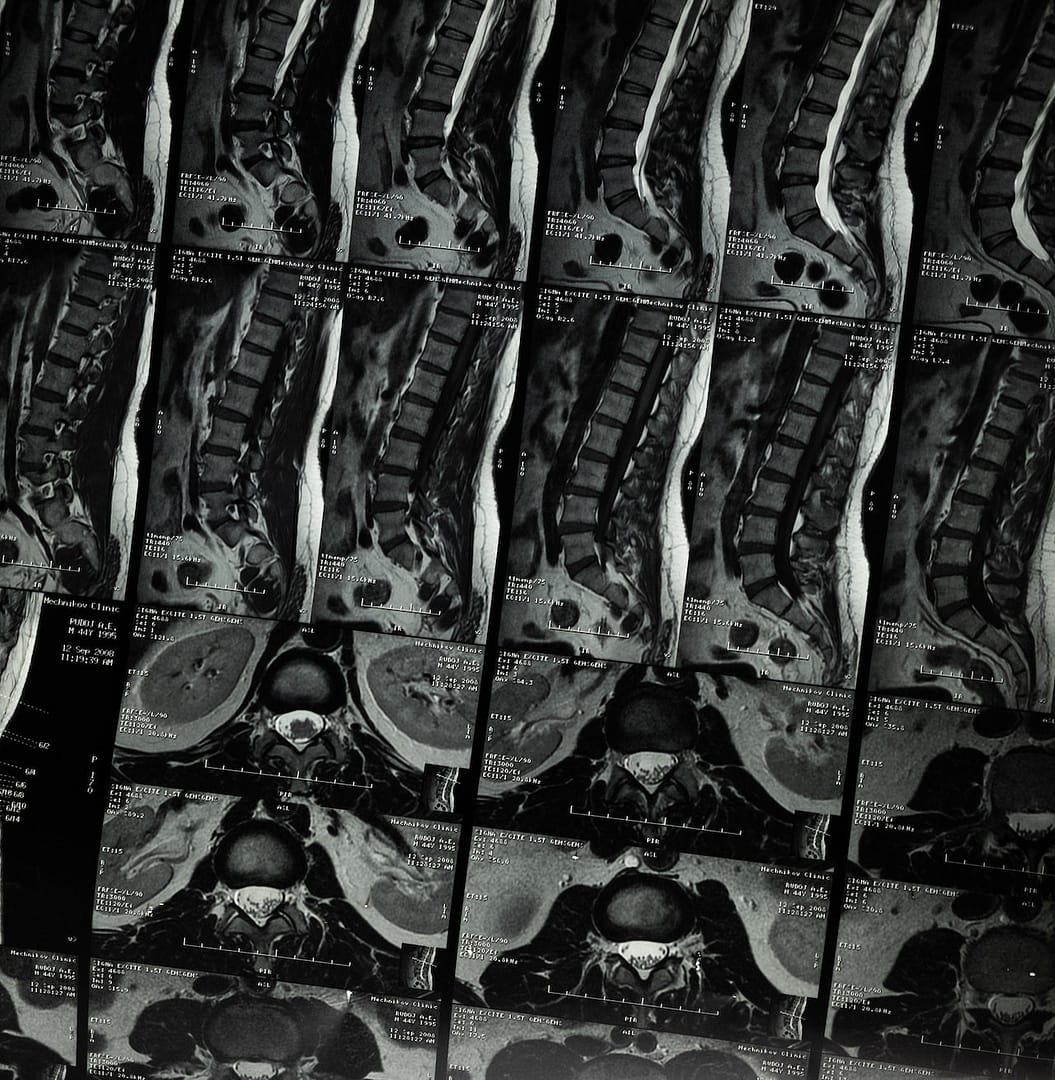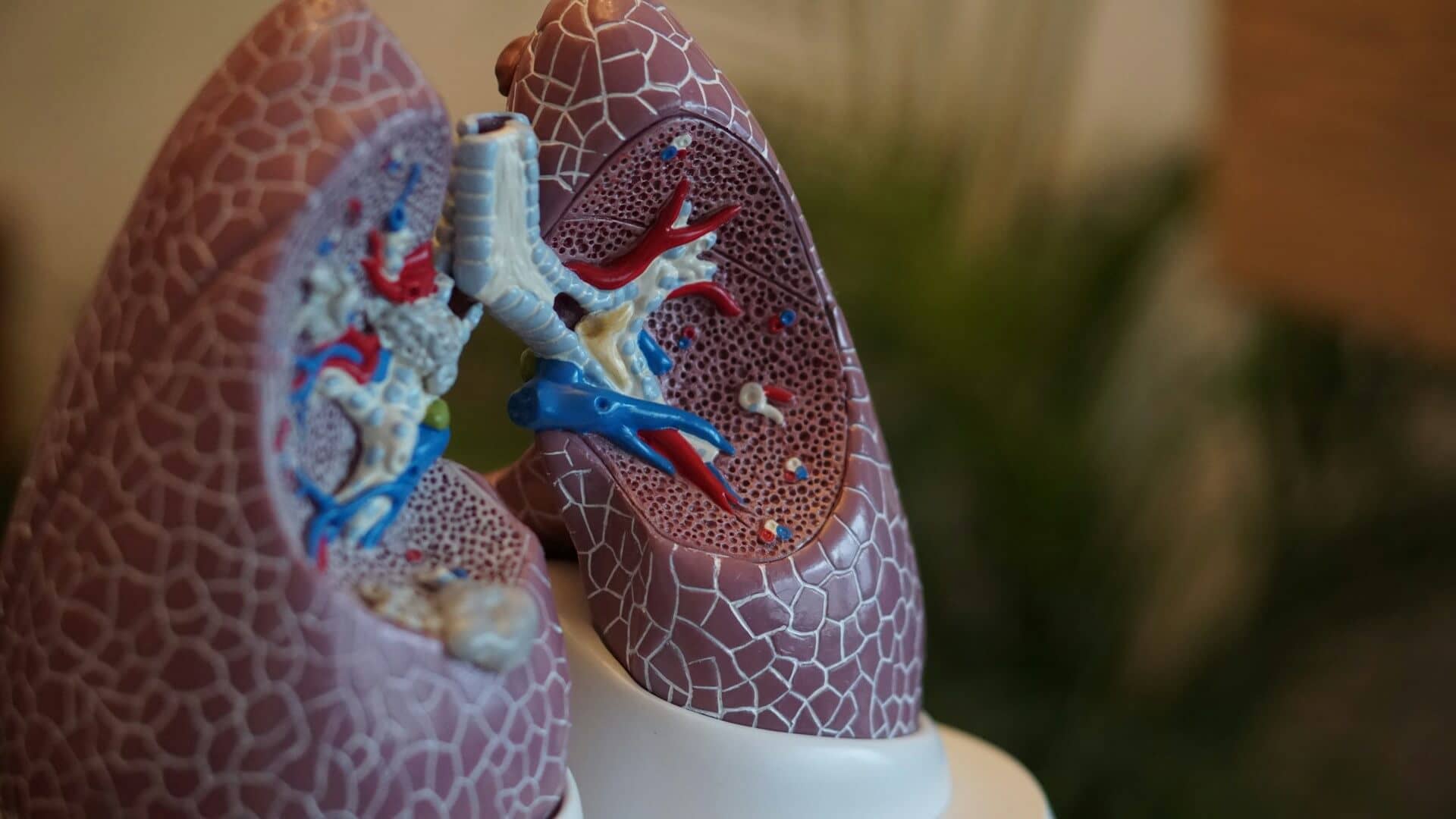Spinal cord injuries (SCIs) can bring about life-altering changes, impacting not only mobility but also respiratory function. As we delve into the intricacies of spinal cord injuries and their link to respiratory complications, we’ll explore effective strategies for prevention. These strategies not only stem from medical expertise but also from the collective wisdom gained through years of navigating the challenges faced by individuals with spinal cord injuries.
The Journey Begins: Understanding Spinal Cord Injuries
A spinal cord injury occurs when there is damage to the spinal cord, disrupting the communication between the brain and the rest of the body. This disruption can result from trauma, such as accidents or falls, or non-traumatic events like infections or tumours. The consequences of a spinal cord injury are far-reaching, affecting various bodily functions.
The Critical Connection: Respiratory Implications
One of the most critical and often underestimated consequences of spinal cord injuries is their impact on respiratory function. The spinal cord plays a pivotal role in controlling the muscles involved in breathing. When an injury occurs, this intricate control mechanism can be compromised, leading to respiratory complications.
Preventive Practices for Spinal Cord Injuries
Prevention, as they say, is the best cure. When it comes to spinal cord injuries, adopting preventive practices is crucial. Whether it’s in the workplace, on the road, or within our homes, being mindful of potential risks can significantly reduce the likelihood of spinal cord injuries.
In workplaces, especially those involving manual labour or machinery operation, adherence to safety protocols is paramount. Providing adequate training on proper lifting techniques and emphasising the use of safety equipment can go a long way in preventing accidents that may result in spinal cord injuries.
On the road, defensive driving practices become a shield against unforeseen mishaps. Wearing seat belts and helmets, respecting traffic rules, and avoiding distractions while driving contribute significantly to reducing the incidence of spinal cord injuries from accidents.
At home, creating an environment that minimises the risk of falls is essential. This may involve installing handrails, ensuring well-lit spaces, and removing potential tripping hazards. Taking these simple yet effective measures can safeguard against spinal cord injuries, preventing the domino effect they can have on respiratory health.
Respiratory Management in Spinal Cord Injury
Once a spinal cord injury occurs, the focus shifts to effective respiratory management. This involves a multidisciplinary approach, combining medical interventions with lifestyle adjustments to optimise respiratory function.
Medical Interventions
In the acute phase of a spinal cord injury, immediate medical attention is crucial. Stabilising the patient and providing respiratory support, if necessary, are top priorities. This may involve the use of mechanical ventilation to assist with breathing until the individual can regain some degree of respiratory function.
As the patient progresses into the rehabilitation phase, respiratory therapy becomes a cornerstone of their care. Respiratory therapists work closely with individuals with spinal cord injuries to enhance lung capacity and strengthen respiratory muscles. Techniques such as deep breathing exercises, incentive spirometry, and chest physiotherapy are commonly employed to prevent complications like pneumonia and atelectasis.
Lifestyle Adjustments
Beyond medical interventions, lifestyle adjustments play a pivotal role in managing respiratory health after a spinal cord injury. Regular physical activity, tailored to the individual’s abilities, helps maintain respiratory muscle strength. Additionally, maintaining a healthy weight contributes to overall respiratory well-being.
Assistive devices, such as cough-assist machines, can aid in clearing mucus from the airways, reducing the risk of respiratory infections. Proper positioning, especially for individuals with limited mobility, is crucial to prevent respiratory complications like aspiration pneumonia.
A Holistic Approach: Mental and Emotional Well-being
The journey of managing spinal cord injuries and respiratory complications is not solely physical; it also encompasses mental and emotional well-being. Depression and anxiety are common challenges faced by individuals navigating the complexities of life post-spinal cord injury.
Support Systems
Establishing a robust support system is vital. This can include family, friends, support groups, and mental health professionals. Sharing experiences and learning from others who have walked a similar path can provide invaluable insights and emotional support.
Adaptive Strategies
Adaptive strategies for daily living empower individuals with spinal cord injuries to regain a sense of control over their lives. From learning adaptive breathing techniques to incorporating mindfulness practices, these strategies contribute to overall well-being.
UK Perspectives on Spinal Cord Injuries and Respiratory Complications
Drawing insights from the UK, where healthcare systems are known for their comprehensive approach to rehabilitation, we find a wealth of knowledge in the management of spinal cord injuries and associated respiratory complications. The UK emphasises a patient-centric model, tailoring interventions to the individual’s unique needs and goals.

Making a Serious Injury Claim with National Claims
In the unfortunate event of a spinal cord injury, seeking compensation can be a crucial step in securing the necessary resources for rehabilitation and ongoing care. National Claims, with its expertise in serious injury claims, understands the intricacies of navigating the legal landscape in the UK.
If you or a loved one has experienced a spinal cord injury resulting in respiratory complications, National Claims can guide you through the process of making a serious injury claim. Our team of experienced professionals is committed to ensuring that you receive the compensation you deserve, allowing you to focus on your recovery without the added burden of financial stress.
Conclusion
In conclusion, the journey through spinal cord injuries and respiratory complications is multifaceted. From preventive practices to effective management strategies, each step is a testament to the resilience of the human spirit. By understanding the intricacies of spinal cord injuries and embracing a holistic approach to care, we can collectively contribute to enhancing the quality of life for individuals navigating this challenging terrain.
If the unexpected occurs, and a spinal cord injury leads to serious respiratory complications, the support of organisations like National Claims becomes invaluable. Their expertise in serious injury claims can be the lifeline needed to secure the resources for comprehensive rehabilitation and ongoing care. Let us continue to advocate for prevention, support those on the journey, and work collectively to build a future where spinal cord injuries and their respiratory complications become increasingly preventable and manageable.
Start your claim today by getting in contact with us and speaking to one of our claims specialists.
Click below to see why we are one of the most trusted claims management companies in the UK.

We’re proud of our excellent customer reviews
We thrive on delivering exceptional service and ensuring our clients’ satisfaction. Don’t just take our word for it. Check out some of our independent reviews to see what our clients have to say.
Excellent

This firm is excellent, they sorted out my car pay out and injury claim very fast, they always communicate with you all the time.

My accident case was dealt with confidence and with great result of the outcome, especially James kept me informed all the time.

I was very impressed at the way my inquiry was treated. I was listened to attentively and everything I needed to know was explained to me.






